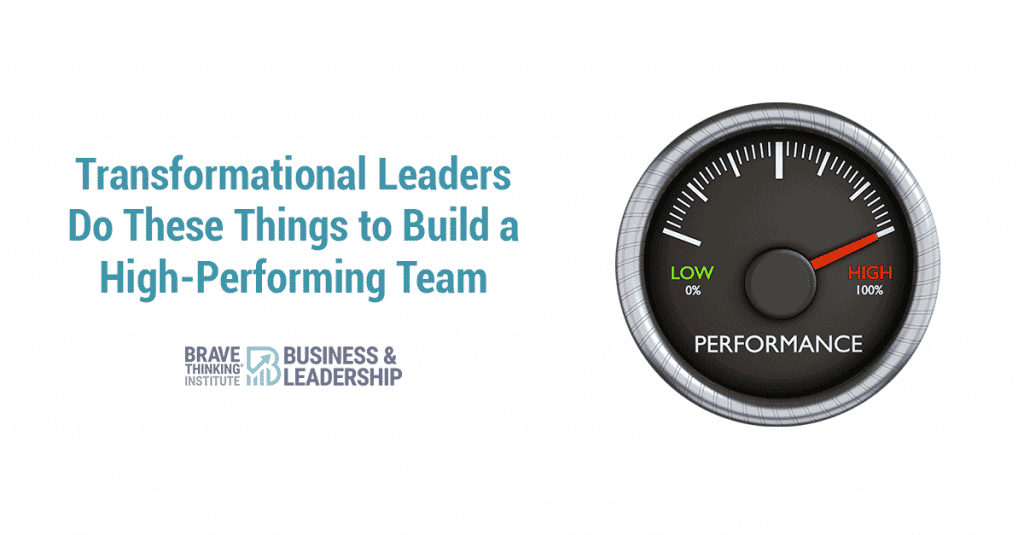Use the Power of Optimism to Transform Your Leadership by Celebrating Others’ Success with this Leadership Promise
When we achieve a goal, it’s normal and completely expected that we are thrilled, proud and joyful. But have you ever had an experience where you’re just as thrilled, proud and joyful about someone else’s achievement?
If you’re a parent, the answer is probably yes. But adopting this same level of enthusiasm and celebration about people other than your own children is a key to harnessing the power of optimism as a transformational leader.
In this article series, we are studying The Optimist Creed, a book written by the American New Thought leader, teacher and author, Christian D. Larson.
We’ve already covered Promise #1, Promise #2, Promise #3, Promise #4, and Promise #5, so be sure to check them out.
On Leadership Promise #6, the focus of this article, of the Optimist Creed is “to be just as enthusiastic about the success of others as I am about my own success.”
The Power of Optimism at the Olympic Trials
I recently watched the U.S. Olympic trials for swimming, where I experienced this particular manifestation of the power of optimism.
A whole bunch of competitive swimmers are lined up on the edge of the pool getting ready to jump in. Their lifelong dreams of becoming Olympic athletes are on the line.
But as they stand there on the edge of the pool, they and everyone watching know that not a single one of those swimmers is likely to win a medal this summer at the Olympics.

Not a single one, because none of those swimmers has ever competed in this event fast enough to even qualify for the Olympic team.
To make it to the Olympics, you have to complete this particular swim in 1 minute 54 seconds. Not a single one of these swimmers has ever completed that swim fast enough.
As the swimmers are getting in position, the announcers and former swimmer Michael Phelps, the most decorated Olympian of all time, are discussing the competitors.
There is only one swimmer they think might have a tiny shot at making the Olympic team. But it’s not likely. His best time is almost a second and a half too slow to even make the Olympic team.
As optimistic transformational leaders, we could look at his situation and think, “Well if he wins, at least he’ll have the chance to say he’s the best swimmer in the United States, even if he doesn’t make the team.” Granted, that would be a tremendous accomplishment on its own.
But that’s not his dream. This swimmer wants to be able to say, “I am an Olympiad. I am an Olympic athlete.”
That’s his dream. He’s been working his whole life for that moment. Being the best swimmer in the country isn’t enough.
The swimmers dive into the pool and begin swimming furiously. To help viewers at home visualize what needs to happen for these swimmers to qualify, the television broadcasters have added a graphic line on the screen to show the speed at which the swimmers must move.
This one swimmer — the swimmer that Phelps and the announcers were discussing — is just ahead of the line the whole way down the first lap. He makes the turn, and as he’s coming back, he’s still just ahead of the line, swimming for all he’s worth to try making the Olympic team.
As he touches the wall, the clock reveals the exciting news. Not only has he completed this swim in his personal best time, but it’s 1/100th of a second fast enough to make the Olympic team. He is officially an Olympic athlete!
As he climbs up onto the edge of the pool, his parents run down out of the stands, hugging him as they celebrate the accomplishment of his lifelong dream.
Mudita is a Sanskrit word that means “vicarious or sympathetic joy.” At that moment, I was full of mudita. I was thrilled for him and his achievement of a new level of greatness.
This is the level of enthusiasm and joy we should bring to our life as we celebrate the accomplishments of the people around us. This is how we live the power of optimism as expressed through Leadership Promise #6.
The Power of Optimism and Abundance
Stephen Covey coined a phrase called “scarcity mentality” and contrasted it with “abundance mentality.”
Scarcity mentality means that we’re not as happy if others succeed, because we believe there is only so much good, so much opportunity, and so many resources to go around. Scarcity mentality is the belief that someone’s gain is our loss.
Covey describes an abundance mentality as the belief that there’s enough good for other people to create great success for themselves, as well as for me to create great success for me. There is plenty for everyone.
The power of optimism as expressed in Leadership Promise #6 is a manifestation of abundance mentality. We celebrate others’ success as if it were our own because we know there is plenty for all. Your win is not my loss. Your win is my win.
I know that whatever I focus on expands.
So if I’m focused on optimism and abundance, I know that I’ll generate more optimism and abundance.
One way we can practice a positive focus and abundance mentality is to live by Promise #6.
Living By This Leadership Promise
Let’s be just as enthusiastic about other people’s success as we are about our own success. What a wonderful way to use the power of optimism to lift ourselves while we celebrate others.
If we’re willing to live in a greater level of optimism as transformational leaders, that power can help us achieve our dreams and goals in greater ways than ever before.
Let’s practice using this leadership promise right now, together. Please put in the comments below a story about a time when you truly felt authentically joyful and happy about someone else’s success. Then let’s celebrate the stories we read.




Leave a Reply